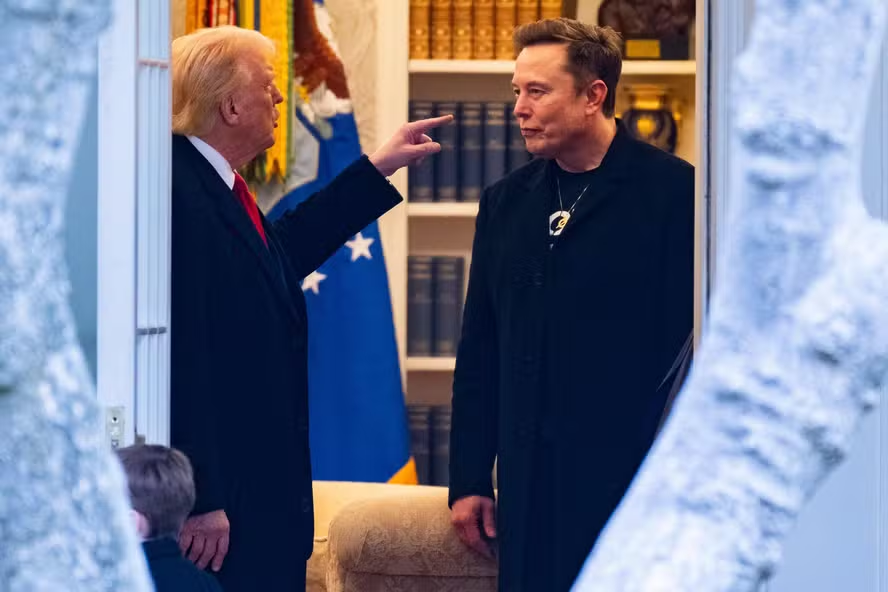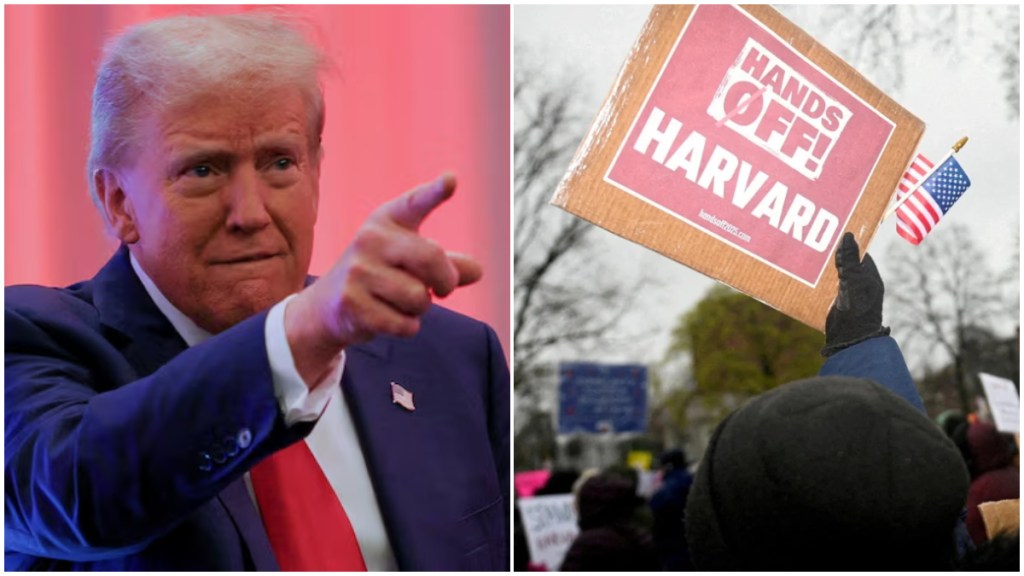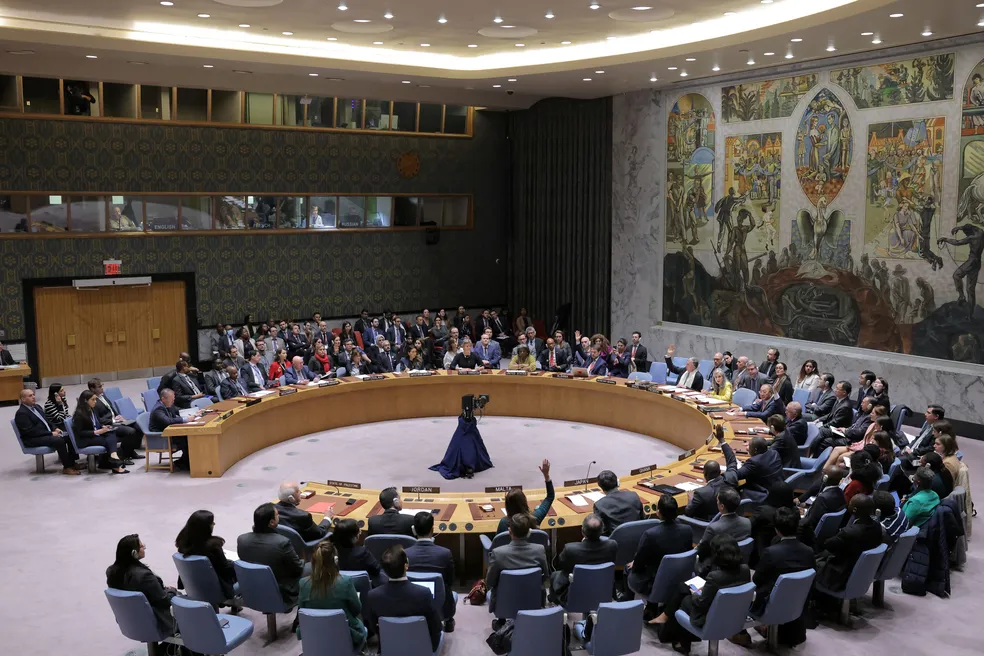Have you ever thought, even if just once, “If I were president, things wouldn’t be like this” or “How can there not be a single politician who does everything they promise”? If so, know that you’re not alone. In fact, this thought is so common that it has produced a series of studies and even schools of thought around the world. In this column, I will attempt to present some of these ideas to the reader, using the following question as an example: “If we know that global warming is harmful and concerning, why aren’t our leaders doing anything about it?”.
To begin, imagine Candide, a good man, incorruptible. Candide runs for president of a fictional democracy—let’s call it Polis—with a clear message: Healthcare for all! Although healthcare is his priority, Candide would govern a country, and therefore, other agendas, even if not a priority, would require his care and attention, such as public safety, education, job creation, etc. Here lies the first problem.
See, Candide is just one person, and on his own, he wouldn’t be able to pave or patrol the streets, educate children, youth, and adults, or, generally, manage Polis. To govern, Candide needs others. The power of a leader is to make others act on his behaf and according to his orders. For this, Candide would distribute state resources—such as salaries, tax exemptions, legal and fiscal benefits, etc.—to those individuals responsible for these activities (otherwise, they wouldn’t have a reason to carry them out). Candide wants to be a good and just leader, but his desires would only be wishes without the support of these individuals.
These individuals necessary for governing the country—generals, bureaucrats, political elites, etc.—are more numerous the more democratic the country is. In dictatorships, power is concentrated in the hands of a few individuals. In democracies, power is dispersed, and these individuals are more numerous. Still, whether in a dictatorship or a democracy, the leader needs the support of these individuals, or they wouldn’t be able to govern. Candide, as a good person, could propose directing the majority of state resources to the people of Polis; however, if another candidate—let’s call him Martin—proposed directing the resources to these individuals rather than the people, Martin would be able to govern, not Candide.
The example of France illustrates this dynamic well. There, granting benefits and subsidies for agricultural production has little to do with food production but rather with how necessary the votes and political connections of French agricultural producers are for governing the country. More agricultural subsidies, fewer subsidies or investments in other areas. Just like in France, the balance of power between the individuals who keep the leader in power is a fundamental part of governing any representative democracy or dictatorship.
It’s important to note that these individuals necessary for governing a country, the key individuals, have complex interests, sometimes contrasting and even opposing each other. This is why simply deciding to invest in them instead of investing in the population might not be enough to guarantee the governability of a country. It’s necessary to understand the fluctuating balance of power between these individuals, their desires, and their needs.
These individuals responsible for helping govern the country may even have noble intentions like Candide, but they, too, need to please those below them in the hierarchy, without which they couldn’t perform their function. A general is only useful to a president because their captains do what they are ordered to. The captains, in turn, are only useful because the soldiers do what they are ordered by the captains. If one of these key individuals fails to provide enough resources for the individuals below them in the hierarchy, another might take their place. In an alliance network, being loyal or thinking of the people can be costly to the point of losing power.
With this in mind, it’s natural to question how the population can improve their lives. In reality, building hospitals, roads, schools, and universities is positive for the population, but it’s only a byproduct of government action, which seeks to increase state resources by increasing the productivity of the average citizen, to then redistribute these resources to key individuals. A developed economy is also a rich and dynamic economy that can be used to co-opt the support of key individuals. This is also why the most violent dictatorships, with the lowest HDI, tend to be those where state resources come from the extraction of oil or precious stones. In this case, there’s no reason to spend on increasing civil productivity, since key individuals are co-opted with resources extracted directly from the land.
Candide revolts against the “corrupt system” of Polis’s democracy and thinks about starting a revolution. Candide realizes that revolutions aren’t made by a single individual. Just as it would be to govern a country, to revolutionize one, Candide would also need the support of key individuals to carry out a revolution. Furthermore, once the revolution is made, Candide will once again need key individuals to govern the “new country.” It usually happens that those responsible for a successful revolution are not the same as those needed to govern a country. For this reason, revolutionary leaders often purge several of their revolutionary colleagues once they come to power, while working with key individuals from the governments prior to the revolution.
Understanding that to govern one must give up some of their values, Candide proposes directing state resources to these individuals, believing that at least in the area of healthcare—his original priority—he will be able to “do good.” Candide is elected and, once in power, faces the reality of healthcare in Polis.
Specifically, Candide realizes the complexity of the issue. Like most other agendas, healthcare is directly affected by the creation or lack of new jobs, pollution levels in the country, social inequalities… In short, each agenda is interwoven with the others, and it’s therefore very difficult to produce concrete results in one agenda without concurrently altering the others. By trying to solve a public health problem, Candide may inadvertently create policies that negatively affect the interests of key individuals. Given the interrelation of all agendas in such a complex system, where causes and consequences mix and interloop, trying to solve a public health problem, Candide may inadvertently cause harm to other aspects of public health itself.
Moreover, Candide realizes that the people seem to agree that healthcare conditions should improve, but political polarization exacerbates the variety of opinions on how to do so. For example, as supported by the seminal studies of Rothbard, increasing equality in access to healthcare—such as by building more hospitals, distributed so that every neighborhood is equidistant from a hospital—reduces equality in the distribution of the quality of those treatments, as hospitals closer to populous neighborhoods will have more experience treating the community, for example. By proposing equality in healthcare, Candide will need to choose which equality is most important to him, and to what extent, aligning with one worldview while not fully representing the others.
Finally, frustrated with the moral and practical difficulty of “doing good,” Candide decides to leave politics. The problem Candide faces is that there is politics in everything. In universities, in condominium organization, in family relations, wherever there are relationships between human beings, there will also be politics. There’s no way to escape politics; you simply decide whether to let others make choices for you or not. And by choosing to transfer responsibility, you become responsible for “signing a blank statement.”
Candide’s example illustrates well how political systems limit the possibility of action for well-intentioned leaders, and in part, answers the thought “If I were president, things wouldn’t be like this” or “How can there not be a single politician who does everything they promise?”. The example also answers the question “If we know that global warming is harmful and concerning, why aren’t our leaders doing anything about it?”, but we can go further.
As argued by Mesquita, Smith, and Silverson—authors of The Logic of Political Survival—despite the limitations imposed by balancing interests and the complexity of agendas being common to all regimes, the number of key individuals varies according to the type of regime, and this difference can be crucial in mitigating global warming. Put simply, if there are many key individuals—such as in democracies—it’s more costly to reward them with private goods, and therefore easier to reward them with public goods, which the population also ends up benefiting from. If there are few key individuals—such as in dictatorships—the state’s resources will be less divided among them, so each one would receive a good amount of these resources, and it would be easier to reward them individually than to produce public goods.
In other words, dictatorships are more likely to produce tax exemptions for large companies, more corruption, information privileges, and other forms of private goods, while democracies produce free markets, environmental policies, and other forms of public goods. This is why, in general, democracies perform better than dictatorships in environmental protection.
Democracies not only seek to increase the productivity of the citizen to increase state resources, but also divide these resources so that more individuals can enjoy them. It is, therefore, obvious that democracies, despite being limited by the constraints of the political system, produce greater social well-being and will be more efficient in responding to global warming. Proposing that dictatorships would solve the environmental problem is not paying attention to either the examples of dictatorships around the world or to the theories of regimes.
References:
https://www.researchgate.net/publication/227458612_The_Logic_of_Political_Survival



